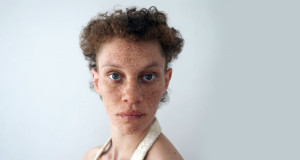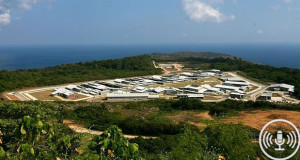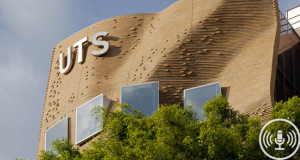This unusual word was borrowed from Japanese less than 20 years ago for a special out-of-focus effect that up-to-date photographers may strive to achieve rather than avoid. In Japanese, the word is written as boke, but said with two-syllables (bow-kay) ...
More »Job cuts probable as part of TAFE NSW ‘modernisation’
Another round of job cuts and changes to enterprise agreements at TAFE New South Wales have been foreshadowed ahead of the new managing director’s modernisation push. Jon Black, who stepped into the role in December last year, told Campus Review the ...
More »Lack of metric leaves uni teaching undervalued: expert
The lack of an effective metric for teaching quality is what has led to the profession being undervalued at universities, a chemistry professor in the Adelaide Education Academy has said. One of the new participants in the recently launched University ...
More »Strictly speaking | Patch
Patches have been put to many purposes over the centuries of the word’s use, so that they may “repair, strengthen, protect, or decorate” a surface (Oxford English Dictionary online). In the 17th and 18th centuries, they could be a form ...
More »Work is life for academics: survey
Research has found that, in academia, work is life. For Academic Work/Life Balance: Challenges for theory and practice, sociologists Dr Nick Osbaldiston from James Cook University, Monash University’s Fabian Cannizzo and Christian Mauri from Murdoch University surveyed 155 early- to mid-career academics. The ...
More »AHEIA argues workforce models need more flexibility
University workforces must move away from the traditional 40/40/20 workforce model and embrace flexibility, the sector's employer association has argued. The 40/40/20 model typically allocates 40 per cent of academic staff’s workload to research, 40 per cent to teaching and 20 ...
More »Whether you’re cis or trans is all a matter of perspective
Prefixes in English often come in complementary pairs, such as ante-/post- (antemeridian/postmeridian), in-/out- (inside/outside), et cetera. A less well-known pairing is trans- (‘across’, ‘beyond’) and cis- (‘on this side of’), as in transmontane/cismontane – referring to something situated either beyond ...
More »Staff vent in tweets with #realacademicbios
Academics worldwide have kept it real on social media this week – venting the field's underbelly in a Twitter tirade. #realacademicbios has put a new spin on the abridged CVs of the sector's workers. The hashtag is resonating with academics and making ...
More »Academics join Christmas campaign to release children from detention
More than 900 academics have signed a letter calling for the immediate release of asylum seeker children in onshore and offshore detention. There are 95 children in mandatory immigration detention on Nauru and 112 in closed detention facilities around Australia. Two days ...
More »UTS targets stigmas of mental illness and disability
The University of Technology Sydney is undergoing “structural and cultural change” to de-stigmatise disability and mental illness among its workforce. The Access and Inclusion Plan aims to be inclusive of all people, including those with disabilities and mental illness. UTS ...
More » Campus Review The latest in higher education news
Campus Review The latest in higher education news









